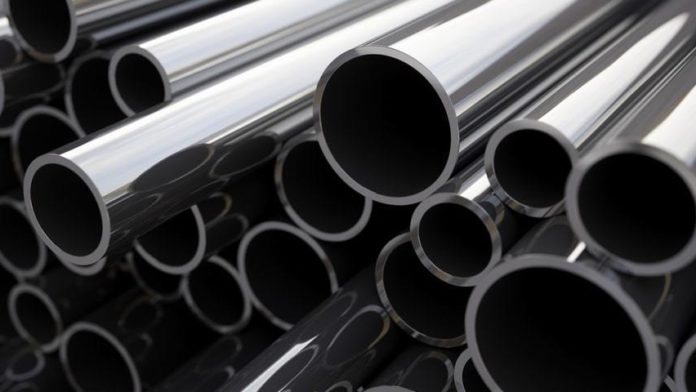
ONE proposal that might bail out South Africa’s ferroalloys industry is that Eskom agree to a long-term power purchase framework in which there is tariff relief in return for smelters reducing consumption in peak periods.
Ferrochrome and ferromanganse production consumes baseload power when people are sleeping, but it will vanish at the current rate of inflation. According to the Minerals Council, electricity tariff inflation has been about 500% in the last decade.
In the meantime, the South African government has papered the cracks with a export tariff proposal that would charge mainly Chinese buyers more for chrome ore, the stuff ferrochrome producers put in a furnace to make the higher value ferrochrome, used in the fabrication of stainless steel.
China buys about 85% of its chrome ore requirements for smelting in its furnaces from South Africa which is by far the world’s biggest producer of the mineral. Given South Africa controls chrome production, it should be industrialising it as well.
This is the notion behind the holy grail of government industrialisation policy: beneficiation, a word of worrying provenance, according to Martyn Davies, MD of consultant Deloitte’s Emerging Markets & Africa unit.
“I’ve never heard it anywhere else I’ve travelled,” he told the Joburg Indaba conference in October. Applied to the ferroalloys sector, beneficiation holds that instead of exporting chrome ore, South Africa should be investing in the entire value chain ultimately producing stainless steel sinks.
But it’s a flawed concept, said Davies. “It assumes there’s a competitive advantage on having minerals in the ground that then confers a competitive advantage. I don’t think that’s right.”
“Beneficiation is very state centrist; it’s naïve economically,” he said. The most competitive steel mills globally are in Japan, China and South Korea, none of which have iron ore resources, for instance.
“This government and ANC are wedded to economic theories that made sense in the Seventies, and maybe the Eighties when South Africa was isolated and had no choice but to diversify horizontally and vertically,” said Claude Baissac, CEO of Eunomix Research, a management consultant.
Davies and Baissac believe a better policy would be to invest the proceeds from exportation of ore into sectors, some not connected to mining, that can compete globally, and to reinvest in so-called human capital, as well as re-allocation of export income into minerals exploration. (An improved minerals cadastre, for instance, is something the South African government can do short-order).
In any event, the notion that South Africa does not beneficiate is false, according to Roger Baxter, CEO of the Minerals Council. About 95% of South Africa’s cement is manufactured locally using locally produced minerals; 80% of domestic steel consumption is provided internally, the balance related to specialised steel grades only because South Africa doesn’t have long enough production runs.
The list goes on: 50% of chemicals consumption is produced domestically; even 9% of the world’s catalytic converters, the driving force behind the meteoric rise in palladium and rhodium, is produced in South Africa.
“I’m tired of this notion that South Africa isn’t adding value,” he said. “If we create the right enabling framework where the commercial opportunities exist, South Africa will extract the right investment in the types of areas. But we can’t be all things to all people.”
A protective import tax is a step in the right direction but it’s not reform. That requires restructuring Eskom as well as stabilising investment codes. For now, the ferroalloys sector is hoping that that government’s proposed tax is weighty enough for it to work. “About 40% should do it,” says one industry source.
That wouldn’t be out of keeping with industry norms. China, the flywheel of the world’s mineral demand applies a 35% export tax on its copper and zinc concentrate market in order that it can go some way to supplying itself from domestic sources.










